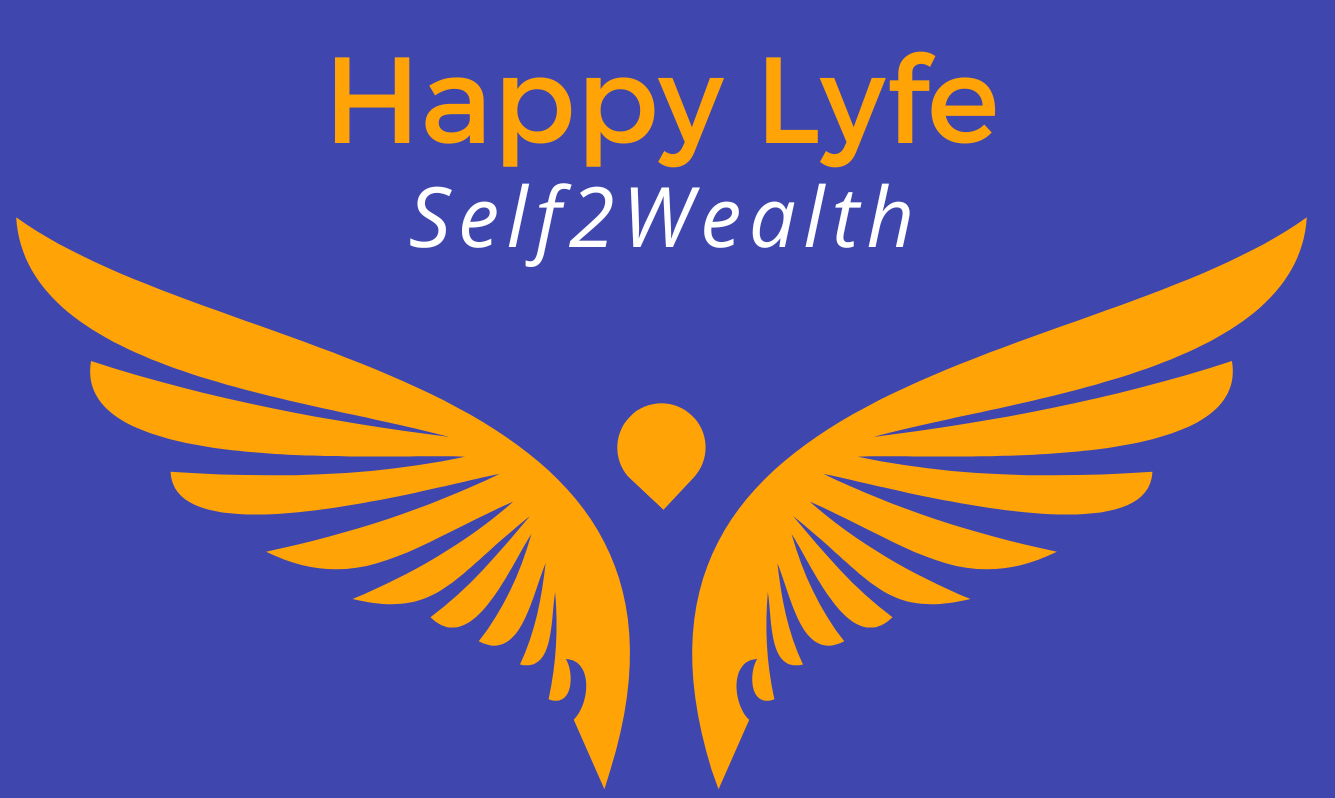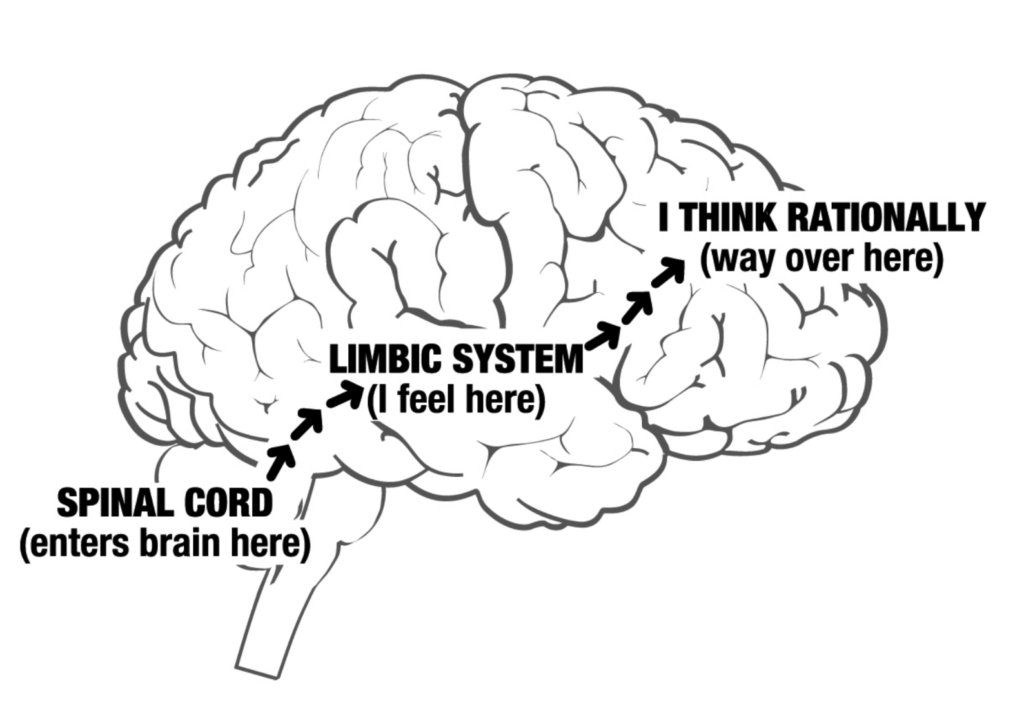
Understanding Emotional Intelligence!
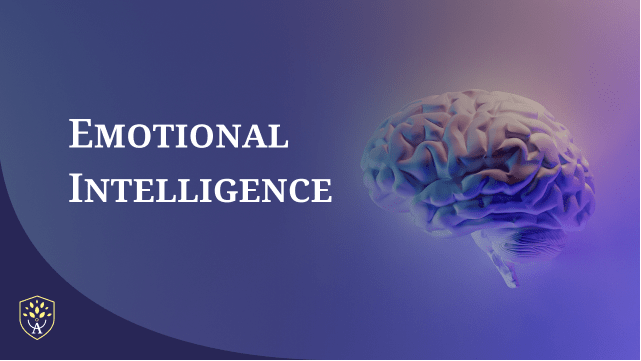
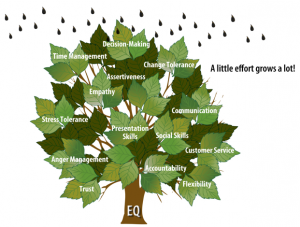
What is Emotional Intelligence(EI) Means?
EI is your ability to recognize and understand emotions in yourself and others, and your ability to use this awareness to manage your behavior and relationships. EI is the “something” in each of us that is bit intangible. It affects how we manage behavior, navigate social complexities, and make personal decisions that achieves positive results.
How much of an Impact does Emotional Intelligence(EI) have on your Professional Success?
The short answer is a lot! It’s a powerful way to focus your energy in one direction with a tremendous result. A little effort grows a lot!
Decision – Making, Time management, Change Tolerance, Assertiveness, Empathy, Stress Tolerance, Presentation Skills, Communication, Social Skills
Anger management, Customer service, Accountability, Trust, Flexibility.
EQ is the foundation for a host of critical skills. A little effort spent on increasing your EQ tends to have a wide-ranging, positive impact on your life.
What are Emotions?

Enjoyment
happiness, joy, relief, contentment, bliss, delight, amusement, pride, sensual pleasure, thrill, rapture, gratification, satisfaction, euphoria, whimsy, ecstasy (mania).

Love
acceptance, friendliness, trust, kindness, affinity, devotion, adoration, infatuation, agape.

Fear
anxiety, apprehension, nervousness, concern, consternation, misgiving, wariness, qualm, edginess, dread, fright, terror (phobia and panic).

Anger
fury, outrage, resentment, wrath, exasperation, indignation, vexation, acrimony, animosity, annoyance, irritability, hostility, and, perhaps at the extreme, pathological hatred and violence.

Sadness
grief, sorrow, cheerlessness, gloom, melancholy, self-pity, loneliness, dejection, despair, and, when pathological, severe depression.

Surprise
shock, astonishment, amazement, wonder.

Disgust
contempt, disdain, scorn, abhorrence, aversion, distaste, revulsion.

Shame
guilt, embarrassment, chagrin, remorse, humiliation, regret, mortification, and contrition.

Inadequacy
helpless, inferior, powerless, incompetent, useless, inept, mediocre.

Confusion
distracted, rattled, baffled, bewildered, mystified, flustered, perplexed, jarred, puzzled, jolted.
Personal Competence
Social Competence
Self Awareness
Self Management
Social Awareness
Relationship Management
Four Skills of Emotional Intelligence!
Two Categories and 4 Skills, "WHAT I FEEL" + "WHAT I DO"
Personal Competence
1. Self-Awareness!
Self-Awareness is your ability to accurately perceive your own emotions in the moment and understand your tendencies across situations. Self-awareness is foundational skill, when you have it, SA makes the other emotional intelligence skills much easier to use.
As self-awareness increases, people’s satisfaction with life defined as their ability to reach their goals at home and at work skyrockets.
Self-awareness is so important for job performance that 83% of people high in self-awareness are top performers.
2. Self-Management!
SM is what happens when you act or do not act. It is dependent on your self-awareness and is the second major part of personal competence. SM is your ability to use your awareness of your emotions to stay flexible and direct your behavior positively. This means managing your emotional reactions to situations and people.
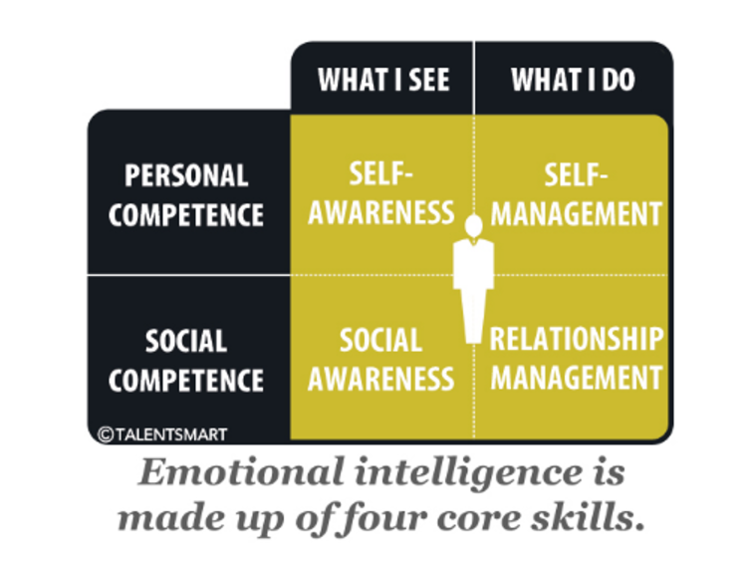
Social Competence!
3. Social Awareness!!
Social awareness is your ability to accurately pick up on emotions in other people and understand what is really going on with them. This often means perceiving what other people are thinking and feeling even if you do not feel the same way.
4. Relationships Management!
SA ensures you stay focused and absorb critical information.
Listening and observing are the most important elements of social awareness.
To listen well and observe what’s going on around us, we have to stop doing many things we like to do. We have to stop talking, stop the monologue that may be running through our minds, stop anticipating the point the other person is about to make, and stop thinking ahead to what we are going to say next.
Strategies
Self-Awareness Strategies
Self-Management Strategies
To be Self-Awareness is to know yourself as you really are. Getting to know yourself inside and out is continuous journey of peeling back the layers of the onion and becoming more and more comfortable with what is in the middle the true essence of you.
Here you go!
1. Quit Treating Your Feelings as Good or Bad.
2. Observe the Ripple Effect from Your Emotions.
3. Lean into Your Discomfort.
4. Feel Your Emotions Physically.
5. Know Who and What Pushes Your Buttons.
6. Watch Yourself Like a Hawk …
7. Keep a Journal About Your Emotions
8. Don’t be Fooled by a Bad Mood.
9. Don’t be fooled by a Good Mood, Either
10. Stop and Ask Yourself Why You Do the Things You Do.
11. Visit Your Values.
12. Check Yourself
13. Spot Your Emotions in Books, Movies, and Music
14. Seek Feedback
15. Get to Know Yourself under Stress.
Self-Management is your ability to use awareness of your emotions to actively choose what you say and do.SM builds upon a foundation skill self-awareness. Self-awareness is necessary for effective self-management because you can only choose how to respond to an emotion actively when you’re aware of it. When you understand your own emotions and can respond the way you choose to them, you have the power to take control of difficult situations, react nimbly to change, and take the initiative needed to achieve your goals.
Here you go!
1. Breathe Right
2. Create an Emotion Vs Reason List
3. Make Your Goals Public
4. Count to Ten
5. Sleep on it
6. Talk to a skilled Self-Manager
7. Smile and Laugh More
8. Set Aside some time in your day for problem solving
9. Take control of your self-talk.
10. Visualize yourself succeeding
11. Clean up your sleep hygiene
12. Focus your attention on your freedoms rather than your limitations
13. Stay Synchronized
14. Speak to someone who is not emotionally invested in your problem.
15. Learn a valuable lesson from everyone you encounter.
16. Put a mental recharge into your schedule
17. Accept that change is just around the corner.
Social-Awareness Strategies
Relationship Management
Social awareness is centered on your ability to recognize and understand the emotions of others. The lens you look through must be clear.
Here you go!
1. Greet People by Name
2. Watch Body language
3. Make Timing everything
4. Develop Back-Pocket Question
5. Don’t Take Notes at meetings
6. Plan Ahead for social gatherings
7. Clear away the clutter
8. Live in the Moment
9. Go on a 15 minute Tour
10. Watch EQ at the Movies
11. Practice the Art of Listening
12. Go People Watching
13. Understand the rules of the Culture Game
14. Test for Accuracy
15. Step into their shoes
16. Seek the whole picture
17. Catch the Mood of the Room.
Working on a relationship takes time, effort, and know-how. The know-how is emotional intelligence.
Here you go!!
1. Be open and Be Curious.
2. Enhance Your Natural Communication Style.
3. Avoid Giving Mixed Signals.
4. Remember the little things that pack a punch.
5. Take feedback well.
6. Build Trust.
7. Have an “open-door” policy.
8. Only Get Mad on purpose.
9. Don’t Avoid the Inevitable.
10. Acknowledge the other person’s feelings.
11. Complement the person’s emotions or situation.
12. When you care, show it.
13. Explain your decisions, don’t just make them.
14. Make your feedback direct and constructive.
15. Align your intention with your impact.
16. Offer a “Fix-it” statement during a broken conversation.
17. Tackle a tough conversation.
